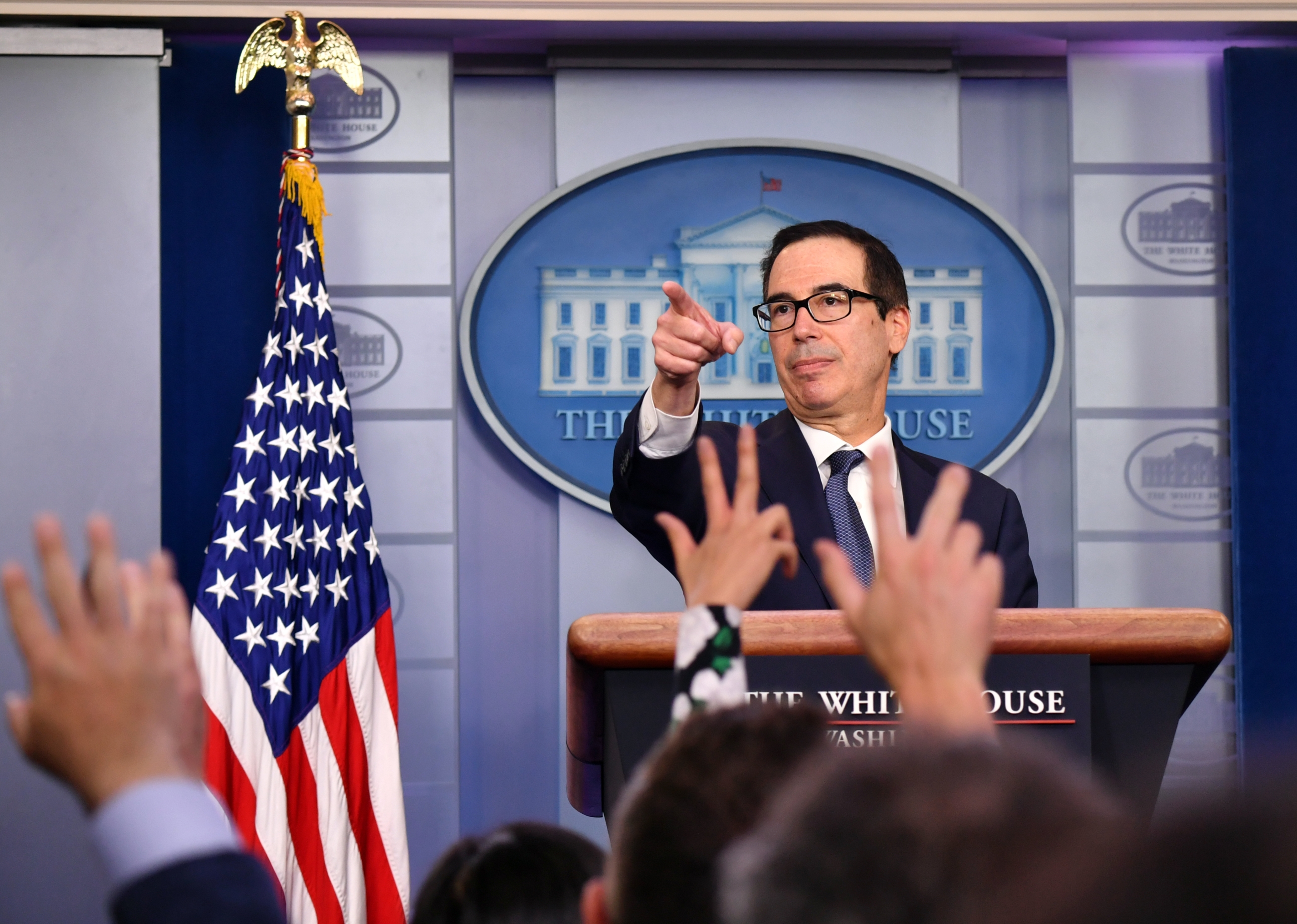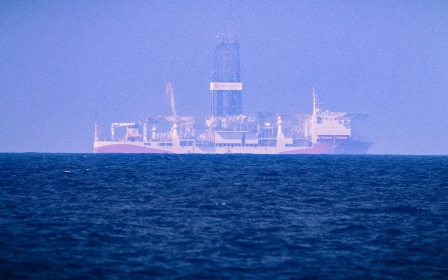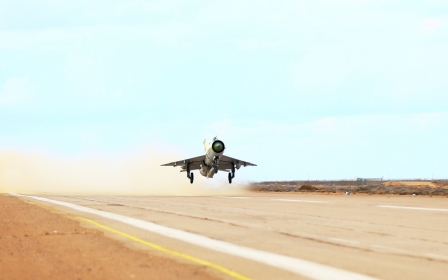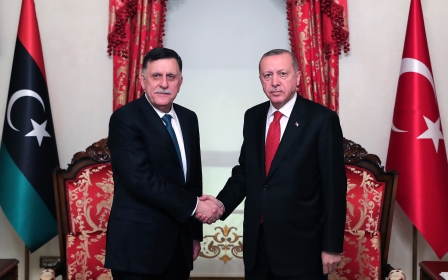US Treasury sanctions Libyan military commander over abuses

The US has applied sanctions to a Libyan warlord responsible for the killing of 43 unarmed detainees, as part of a package of measures targeting human rights abusers abroad.
Mahmoud Mustafa al-Werfalli, commander of the al-Saiqa brigade, is one of 18 individuals being targeted by the US Treasury under the Global Magnitsky Human Rights Accountability Act.
Werfalli has been held responsible for a number of massacres, including a filmed mass execution of 10 unarmed detainees in Benghazi in January 2018.
The statement from the Treasury also accused Werfalli of ordering the "methodical execution of 20 kneeling and unarmed detainees" in July 2017 and said that "in several of the incidents, al-Warfalli continued to shoot at detainees after they were executed".
“The United States will not tolerate torture, kidnapping, sexual violence, murder, or brutality against innocent civilians,” said Secretary Steven Mnuchin in a statement.
“America is the world leader in combatting human rights abuse and we will hold perpetrators and enablers accountable wherever they operate.”
Among the others individuals being targeted are officials from Myanmar, the Democratic Republic of the Congo and South Sudan.
Werfalli, who is also the subject of an arrest warrant issued by the International Criminal Court (ICC) in August 2017, is allied to Khalifa Haftar, leader of the self-styled Libyan National Army (LNA) which is currently in conflict with the UN-recognised Government of National Accord (GNA) in Tripoli.
Werfalli was promoted from the rank of major to lieutenant colonel by Haftar in July 2019.
Middle East Eye delivers independent and unrivalled coverage and analysis of the Middle East, North Africa and beyond. To learn more about republishing this content and the associated fees, please fill out this form. More about MEE can be found here.





